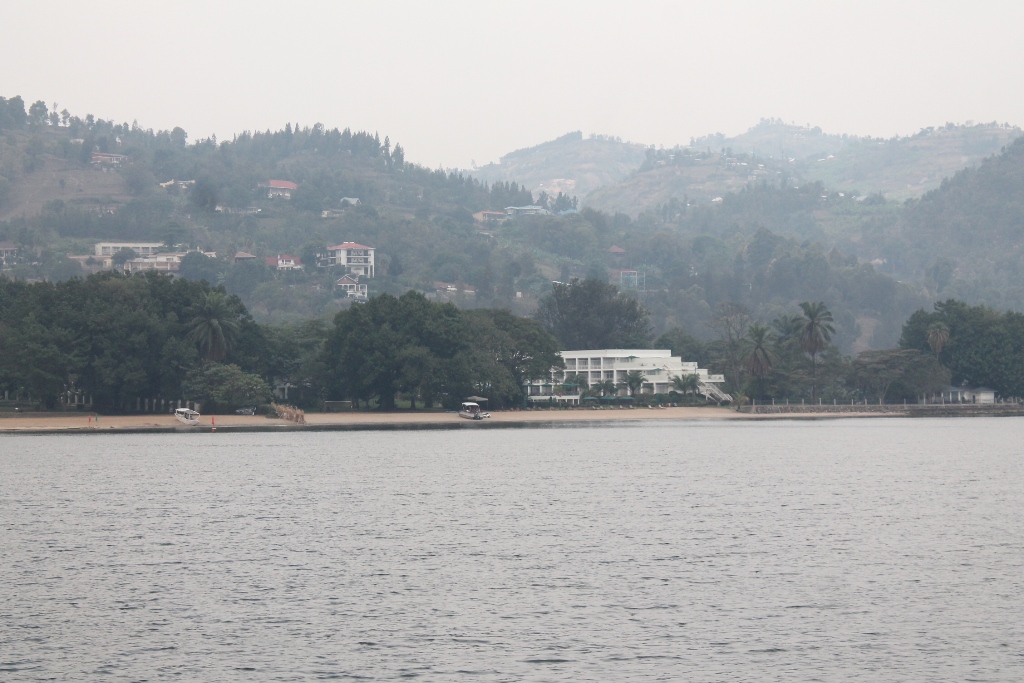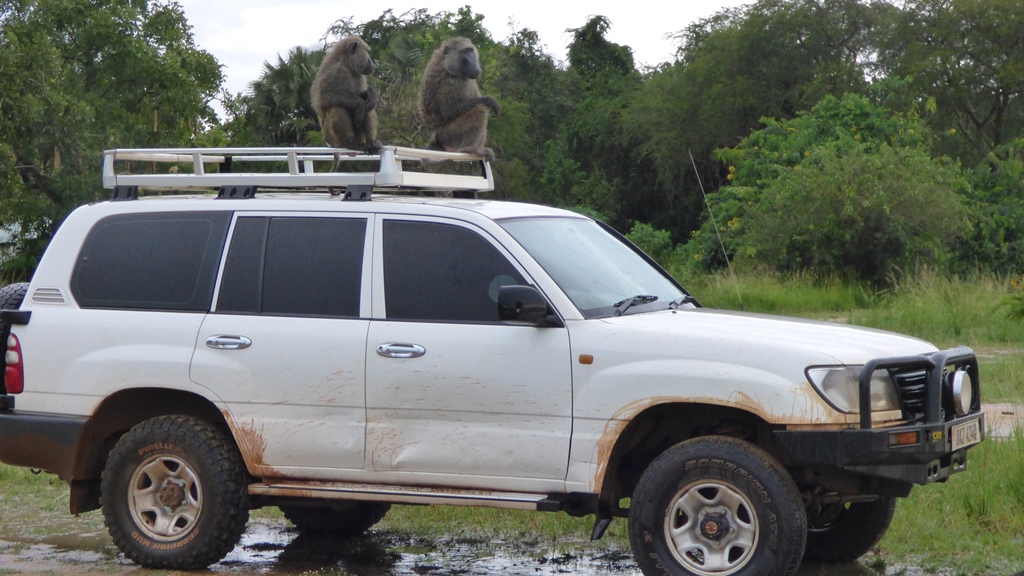70 rhinos translocated to Akagera National Park
Safari trips to Akagera National Park are getting better every day as Rwanda’s only savannah park is consistently growing her wildlife population. The latest development is the massive addition of 70 Southern White Rhinos transferred into Akagera National Park in the month of June of 2025. This one for the history books as the biggest […]
The Tree climbing lions of Masai Mara
Did you know lions can climb trees? Or, have you seen a lion climbing a tree? Well, lions are quite heavy cats that have been known to be strictly grown dwellers. However, in the Masai Mara of Kenya, lions have been seen climbing trees which is a unique sighting of the king of the jungle.The […]
Uganda declares ebola free 2025, please do not cancel your trip
Uganda has declared free from Ebola as of February 20, 2025. This brilliant news has been announced by Uganda’s Minister of Health – Jane Ruth Aceng About a month ago, a case of Ebola (Sudan Ebola Virus Disease) was reported in Uganda after a male nurse who died exhibiting symptoms of Ebola did test positive […]
Is m23 rebel group taking Goma a security concern for travel to Rwanda
When the Democratic Republic of Congo (DRC) catches a cold, her neighbors sneeze! This is the effect of the ever volatile security situation in the eastern part of the Democratic Republic of Congo. Whenever guns go off in eastern DRC, the neighbors, particularly Rwanda is on high alert for her safety. On Jan 27th 2025, […]
What are the top things to do in Uganda in 2025?
Uganda which is famously called the Pearl of Africa offers a lot of things to do, and this is because she has so much and contained in such a small territory. Uganda is also sometimes called a minified Africa because she has a bit of what almost each African country has.Gorilla tracking & habituationUganda is […]


